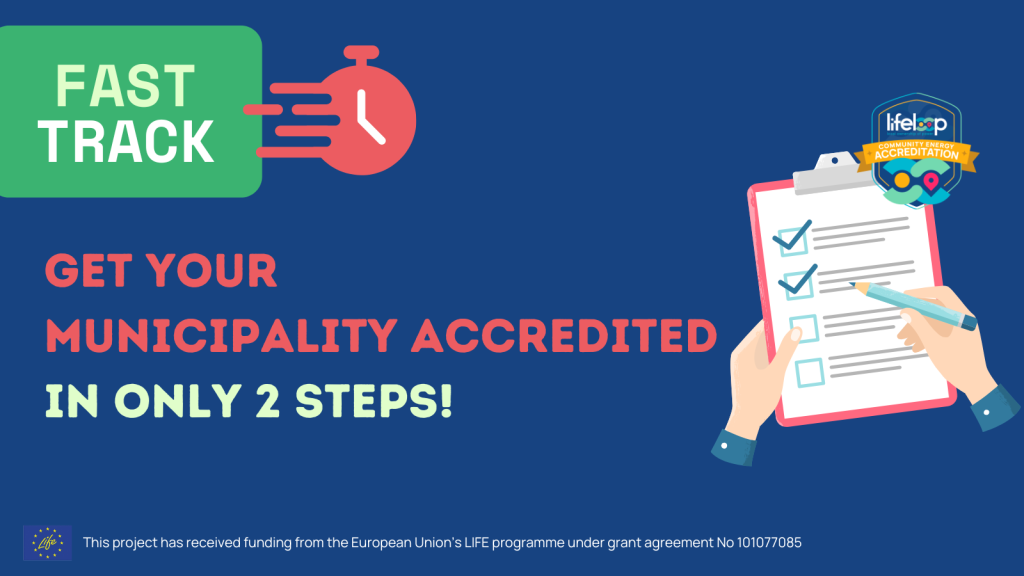Zoom into Tulcea, Romania: How LIFE LOOP helps train local administration leaders
Interview with Dan Chiriac, regional development expert at the Tulcea County Council
Dan Chiriac, a regional development expert at the Tulcea County Council, is one of the 20 people in Romania who have so far completed the LIFE LOOP Espresso course in Romanian, aimed at public employees. This initiative helps build the capacity of city halls to implement energy-efficient solutions centered on the needs of local communities, in the context of climate challenges and the need for energy autonomy.
Public officers play an essential role in transforming communities toward a more sustainable future, and continuous training becomes a key tool in this process. We spoke with Dan about what the course meant for him and how the knowledge he acquired will help him going forward.
How did you perceive the LIFE LOOP course experience? What elements impressed you or challenged you the most?
Dan Chiriac: The course was an extremely useful experience, especially in the way it managed to connect sustainability concepts with concrete initiatives in the field of energy communities.
What preoccupied me, first and foremost, were the aspects related to how citizens can be involved, and the role of local authorities in creating synergy among stakeholders—essential themes for the energy future of our communities given the specific realities of the city of Tulcea.
In what ways do you believe this type of training contributes to the development of local administration competencies in the field of community energy?
Dan Chiriac: I consider this type of training extremely valuable for local administration because it offers not just theoretical information but also concrete approaches for working with citizens and local actors, thereby helping to develop an integrated perspective on the energy transition.
Additionally, the course provided support in developing skills related to communication and participatory governance, essential for the success of an energy community. However, as long as there is no well-developed secondary legislation for energy communities in Romania, and identified/created funding sources to drive the phenomenon, putting things into practice—even with the best will—will be extremely difficult.
Why is it important for a municipality to obtain accreditation through LIFE LOOP? What concrete benefits do you see for the community?
Dan Chiriac: Obtaining accreditation through LifeLoop is important for a municipality because it recognizes the commitment to a sustainable, participatory energy transition that keeps the citizen at the center of concerns.
The concrete benefit for the community is not immediate, but it is essential in the medium and long term: the administration becomes better prepared to identify opportunities, respond to citizens’ requests, and mobilize resources when conditions (legislative, financial, and social) allow. In other words, institutional capacity increases to turn ideas and intentions into feasible projects with local impact.

